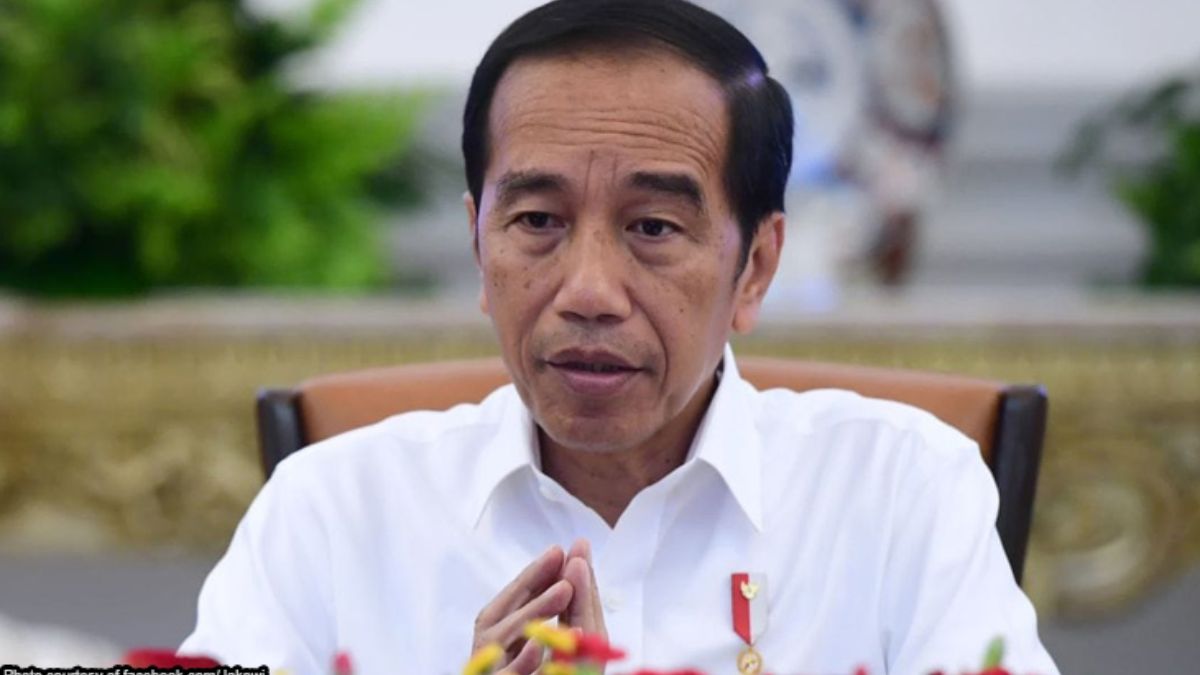President Joko Widodo, “Jokowi” has highlighted free meal programs and a green economy as key drivers for Indonesia’s economic growth in 2025. Speaking ahead of the 2025 State Budget announcement, Jokowi emphasized that these initiatives would stimulate grassroots economic activity and contribute to broader national growth.
A major component of this strategy is the free lunch program, championed by President-elect Prabowo Subianto. The government has allocated Rp71 trillion (U.S.$4.33 billion) for the program in the upcoming budget. The initiative aims to provide nutritious meals to schoolchildren across the country, with each meal valued at Rp15,000 (U.S.$0.90) per student. The program will not only address malnutrition but is expected to empower local communities by stimulating micro-businesses involved in food production and distribution.
The President has prioritized transitioning to environmentally sustainable practices, particularly in energy and infrastructure, as part of his administration’s final push before handing over power to Prabowo in 2025. The green economy initiative is expected to bolster exports, attract foreign investment, and create jobs, particularly in the renewable energy sector.
The combination of these two initiatives is designed to ensure Indonesia’s GDP remains on track for growth despite global economic uncertainties. The government forecasts GDP growth between 4.5% and 5.5% for 2025, with the free meals program and green economy serving as pivotal components of this trajectory.
However, the ambitious spending plans have raised concerns about fiscal sustainability. Analysts warn that while the free meal program addresses immediate social needs, careful budgeting will be necessary to prevent overstretching public finances. Both national and international observers, including the World Bank, have called for prudent fiscal management to balance growth with fiscal responsibility. Jokowi’s final budget aims to leave a lasting impact, building a solid foundation for Indonesia’s next phase of development under Prabowo’s leadership.

